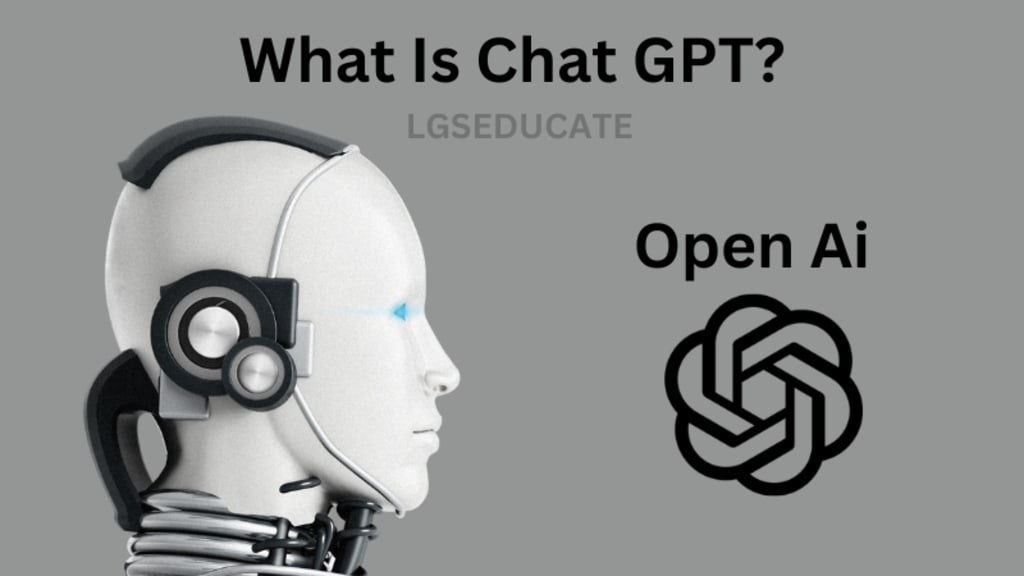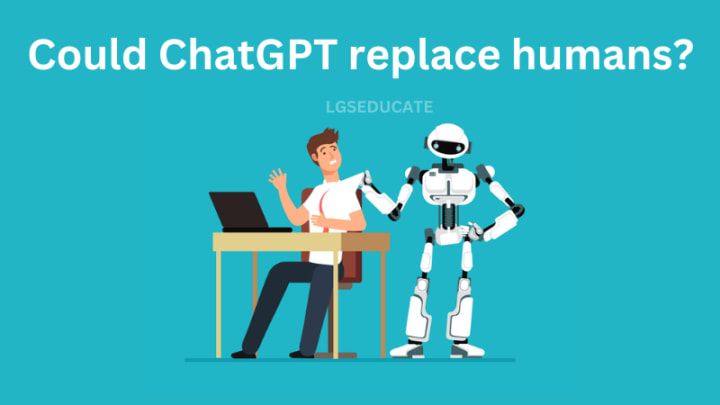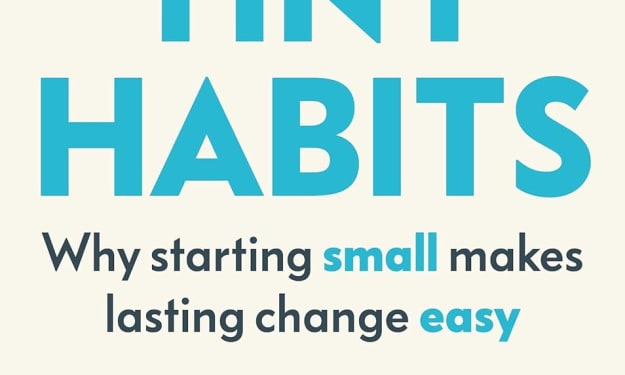What Is Chat GPT? Will Chat GPT defeat Google? Everything you need to know & How is profitable for you?
I hope this blog will give you a better understanding of Chat GPT and its potential uses.

If you’re reading this, chances are you’re curious about what Chat GPT (Generative Pre-trained Transformer) is and how it works. Maybe you’re a parent looking for a way to help your 5-year-old learn about technology and communication. Or maybe you’re a teacher looking for new ways to engage your students. Whatever your reason for being here, I hope this blog will give you a better understanding of Chat GPT and its potential uses.
What exactly chat GPT is?
It is a type of artificial intelligence that can understand and generate natural language text. It is train on large amounts of text data and uses. An algorithm called a transformer to learn how to generate text that is similar to human conversation.
GPT can used for a variety of tasks, including language translation, summarization, and chatbot responses,” the chatbot responds. “In the context of chatbot responses, GPT could used to generate responses to user inputs in a chat or messaging application.
Clearly not used to tooting its own horn yet, I’ll say it like it is: ChatGPT is changing the world. How? By changing the way we use the internet. Type in any search term and Chat GPT will compose an answer using Artificial Intelligence. It’s ironic that its definition of itself is so dry -spend a couple of hours plugging in different fascinating questions to ChatGPT. They’ll generally be answered in sentences which are easy-to-read and understand.
Also read What is Artificial Intelligence (AI)? Everything you need to Know!
How does chat GPT work?
Well, first it is fed a large dataset of text, such as articles or conversations. It then uses this data to learn the patterns and structure of language. Once it has learned enough about language, it can generate its own text based on a given prompt or topic.
For example, let’s say you ask a chat GPT about the weather. It might generate a response like “The weather today is sunny and warm, with a high of 75 degrees.” It is able to generate this response because it has learned about weather patterns. How to describe them in natural language.
What Are Some Use Cases of This Technology?
The more people seem to play around with this new technology, the quicker we realize how this could change everything. Here are some quick examples of how Chat GPT could streamline roles and fundamentally change how people create value:
Customer Support: AI-driven chatbots can provide 2 4/7 customer support, helping to answer customer q8888888888888888888888 ueries quickly and effectively.
Sales and Marketing: Chatbots can help to generate leads, qualify prospects, and close deals by guiding customers through the purchase process.
Education: Chatbots can used to teach and answer student questions in an interactive and engaging way.
Healthcare: AI-driven chatbots can provide personalized medical advice and help to diagnose health issues.
Recruitment: Chatbots can help to automate the recruitment process, saving time and resources.
Travel: AI-driven chatbots can help travelers to book flights, hotels, and more in a few clicks.
Entertainment: Chatbots can provide personalized recommendations for movies, music, and more. It can also write full scripts for movies or shows and write lyrics for songs.
Legal advice: Lawyers can use chat GPT to provide legal advice to their clients quickly and efficiently and easily. Search for relevant legal information and case law.
Business Intelligence: AI-driven chatbots can provide real-time insights into customer behavior, market trends, and more.
Put plainly, there are many use cases for this new technology. In the past, certain fields were seen as “future-proof,” because of the level of creativity, skills, or knowledge that were needed for the position. Now, with knowledge being freely and easily accessible, sharable, and searchable. People need to re-think how to add new value to organizations that robots cannot (yet).
Could ChatGPT replace humans?

There has been speculation that professions dependent upon content production could rendered obsolete, including everything from playwrights and professors to programmers and journalist.
Since it was released, academics have generated responses to exam queries that they say would result in full marks. If submitted by an undergraduate, and programmers have used the tool to solve coding challenges in obscure programming languages in a matter of seconds.
The ability to generate human-like written text has prompted suggestions that the technology could replace journalists.
However at its current stage, the chatbot lacks the nuance, critical-thinking skills or ethical decision-making ability that are essential for successful journalism.
Its current knowledge base ends in 2021, rendering some queries and searches useless.
ChatGPT can also give entirely wrong answers and present misinformation as fact, writing “plausible-sounding but incorrect or nonsensical answers”, the company concedes.
OpenAI says that fixing this issue is difficult because there is no source of truth in the data. They use to train the model and supervised training can also be misleading “because the ideal answer depends on what the model knows, rather than what the human demonstrator knows”.
Should You Be Worried?
With all this in mind, you may be thinking – why even upskill if a computer can do it better than I could? Despite what it may sound like, this could be a huge opportunity for workers and employees. Training will be more important than ever.
Instead of rote memorization and publically available research, training will likely shift from teaching how to do something to how can you find what you need, and how can you translate that need into value for the organization.
Another thing to consider is that this technology is not able to replace skills related to manual labor, soft skills, or relationship building and maintenance. Those skills can learned, which means they will still need to taught.
Chat GPT Limitations
ChatGPT has many limitations. For one, its reward model is based on human oversight, which can render it over-optimized, hindering its performance according to Goodhart’s law, which states that ‘When a measure becomes a target, it ceases to be a good measure’.
Furthermore, ChatGPT can’t predict the future, its knowledge being limited to 2021. This means it might not be able to tell us what a latest celebrity has been up to. Its training data is also likely to have suffered from algorithmic bias, leading to racially biased responses.
Sam Altman himself says that Chat GPT still has a long way to go
Giving it some time might actually make it a Google killer. Unless some other assassin emerges, considering many companies are working on similar tech.
Right now, there are several contenders like Google’s LaMDA, Meta AI’s BuilderBot 2, Galactica, and others. As a case in point, LaMDA is a transformer-based neural language model – akin to GPT-3, BERT, containing up to 137 billion parameters and pre-trained on 1.56 trillion words from publicly available dialogue data and web documents. ChatGPT, on the other hand, is based on the latest GPT-3.5 architecture, having 175 billion parameters.
Meanwhile, OpenAI isn’t stopping with Chat GPT. Even as ChatGPT continues to rock the global chatbot boat, the company has quietly launched the second version of Whisper, an open-sourced multilingual speech recognition model.
Google Killer
Many people are calling ChatGPT the ‘New Google’ or ‘Google Killer,‘ which, doesn’t seem far from the truth. But, will Chat GPT actually kill Google?
Read more: Robotics: French fries, dead spiders & Gen Z users
Not quite, says Yan LeCun, VP and chief AI scientist at Meta AI, in an interview with AIM.
“I don’t think any company out there significantly ahead of the others,” he said. “But, they [OpenAI] have been able to deploy their systems in such a way that they have a data flywheel. So, the more feedback they have, the more the feedback they get from the system, and later adjust it to produce better outputs,” he explained.
“I do not think those systems in their current form can be fixed to be intelligent in ways that we expect them to be,” said LeCun. He said that data systems are entertaining but not really useful. “To be useful, they have to make sense of real problems for people, help them in their daily lives as if they were traditional assistants completely out of reach,” he added, painting the real picture.
ChatGPT still a few years behind Google,” said Blake Lemoine, a former Google researcher who laid off for his claims that LaMDA (Language Model for Dialogue Applications) is sentient.
The race for the best query responder is still on, and the likes of Chat GPT will give Google a run for its money.Conclusion
The world will continue to change, but don’t panic. Chat GPT technology is not likely to replace people’s jobs. While it is a powerful tool for automating conversations, it is still a long way from being able to replace the creative and interpersonal skills of human beings. GPT technology is best used to augment tasks, not replace them. If embraced and used correctly, it can free up more time for people to focus on higher-value tasks that require more creativity and problem-solving.
About the Creator
LGS Educate
Blog Writer | Digital Creator | Growth Strategist | | Presenting top AI resources, updates & insights to empower you.| For More Visit: http://lgseducate.com appears to be a Digital Knowledge Hub that provides Information and Resources.
Enjoyed the story? Support the Creator.
Subscribe for free to receive all their stories in your feed. You could also pledge your support or give them a one-off tip, letting them know you appreciate their work.






Comments
There are no comments for this story
Be the first to respond and start the conversation.